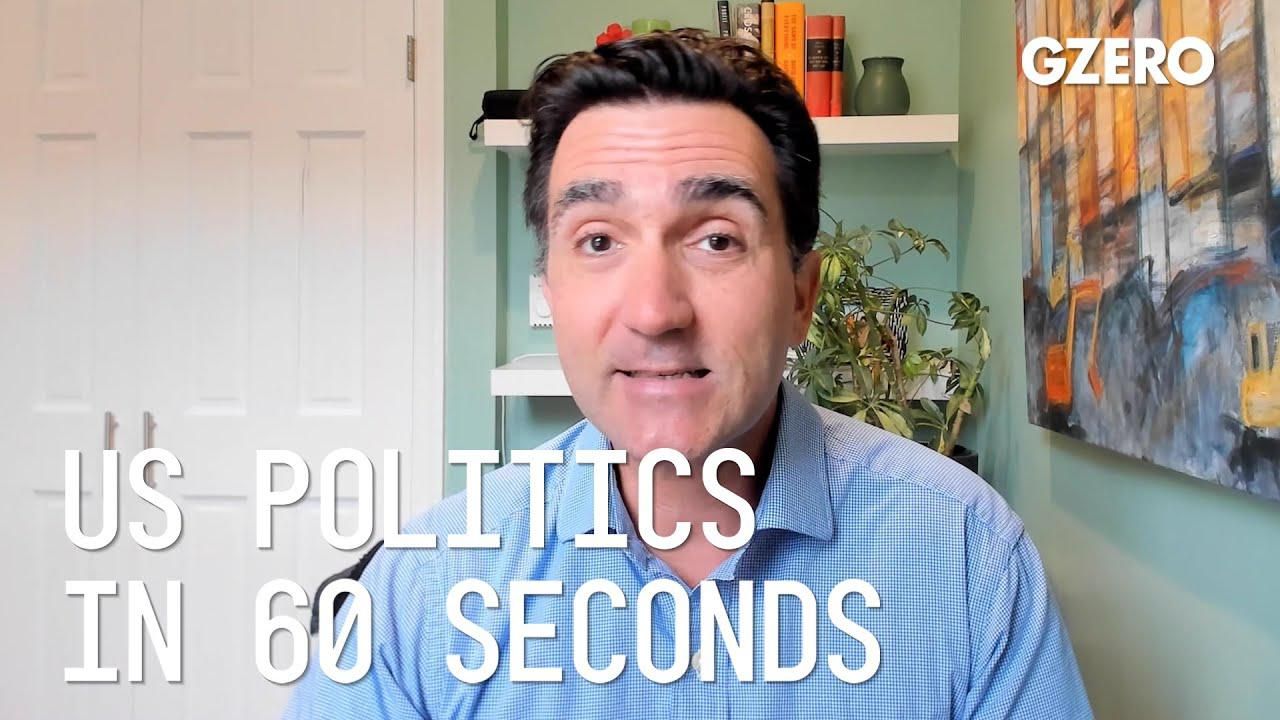
Jon Lieber, head of Eurasia Group's coverage of political and policy developments in Washington, discusses Tuesday's primaries.
What happened in Tuesday's primaries?
Several states held primary elections on Tuesday of this week with the most interesting elections in Georgia, Texas, and Alabama. In Georgia, two incumbent Republicans who were instrumental in certifying the results of President Joe Biden's victory in 2020 won the nomination for governor and secretary of state against two Trump-backed opponents. The sitting governor who Trump had been targeting for months over his role in the 2020 election won by over 50 points, a sign that while Republican voters still love Donald Trump, his hold over the party is not absolute. This is going to create an opening for challengers in the 2024 presidential election cycle.
In Alabama, a primary for who will take the seat of retiring Senator Richard Shelby is going to a runoff between Shelby's chosen replacement, his former chief of staff, and a very controversial House member who President Trump had endorsed but then unendorsed when he was thought to be too weak a candidate. He now has a shot at the nomination with a runoff election in June and if he wins, he will be one of the first full throated deniers of Joe Biden's election results to serve in the United States Senate.
In Texas, the most conservative house Democrat, who is a bete noir of progressive activists, again held off a challenge from a progressive activist running to his left. The incumbent had been endorsed by House leadership while his challenger had been endorsed by national progressives like Bernie Sanders. But she was unable to unseat the incumbent in a very Hispanic district. Elsewhere in Texas, a son of the Bush political dynasty lost his race for attorney general to the sitting attorney general, who has recently struggled with ethical problems.
Finally, one of the biggest stories of the night was turnout in Georgia, which broke previous records for midterm primaries, despite worries that had been pushed by Democrats about a new election law that they claim would suppress minority votes. We'll never know the counterfactual, how many people might have voted in the absence of this new law but the fact that the turnout was so high will take some of the political sting over accusations of voter suppression for a lot of new Republican laws that had passed and which several American corporations have reacted to very strongly in the wake of the 2020 election controversy.